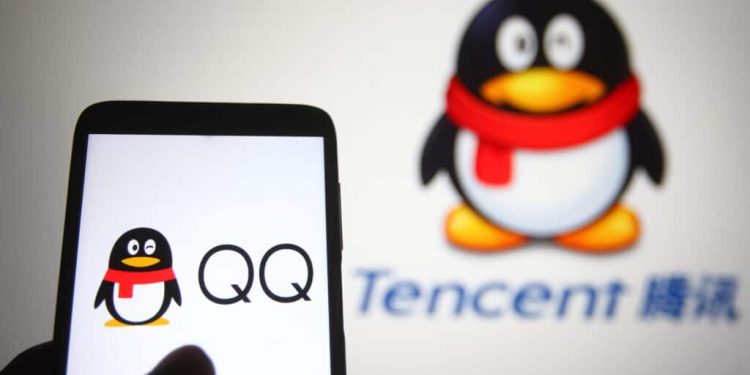A hugely popular messaging platform in China, QQ, has banned the words “gay”, “lesbian” and “LGBTQ“, claiming that they are “harmful”.
According to Protocol, QQ, owned by Chinese tech giant Tencent, allows its more than half a billion users to connect and find group chats by searching for them with key words. The platform has been described as “the closest thing to Snapchat in China” by the Wall Street Journal.
This month, when QQ users tried to search words like “gay“, “lesbian” and “LGBTQ”, they received the message: “Use the Internet in a civil manner. Say no to harmful information.”
This is the same message that appears when users try to search for explicit content.
The company failed to give an explanation as to why the LGBT+ words had been banned, but after the news went public, the message was swiftly changed. It now claims there are “no results found”.
Being gay was decriminalised in China in 1997, but it was not declassified as a psychiatric disorder until 2001.
The country does not recognise same-sex marriage, there are no legal protections in place that protect LGBT+ Chinese people from discrimination and LGBT+ people continue to face huge social stigma.










Discussion about this post